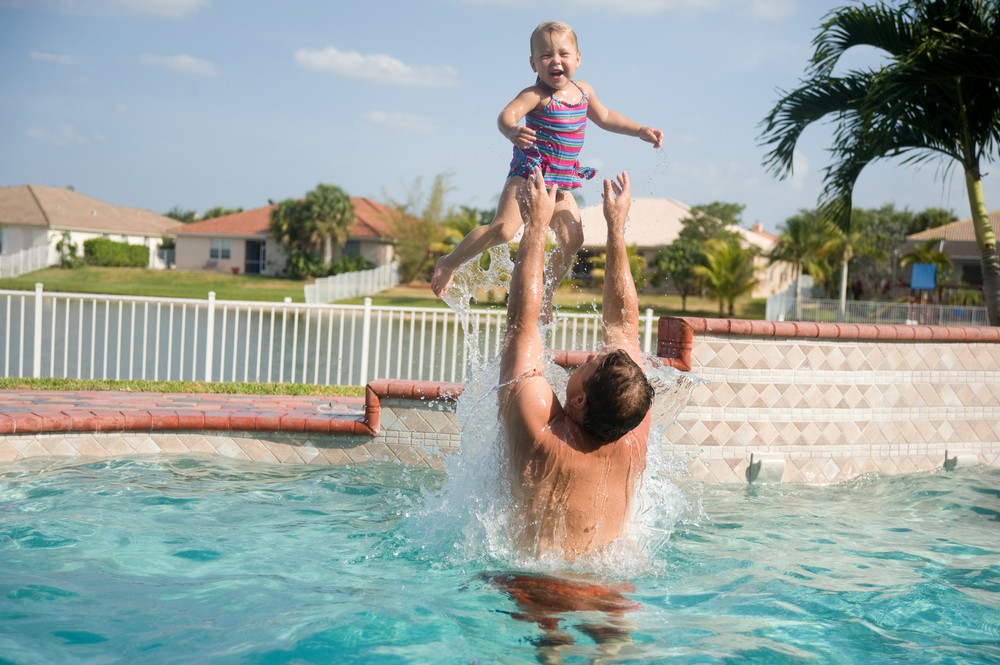While it’s wonderful to have a swimming pool during the hot, sultry Georgia summers, the reality is that water is a hazard to people and animals. For this reason, it is essential to install pool fencing and to make absolutely certain that the pool fence is safe and secure, not only for your family but for everybody else too.

If a child or animal gets into your pool and drowns, the repercussions will be unimaginable.
This is why Georgia and other U.S. states have swimming pool laws that are designed to protect you, your children, your pets, visitors, and anyone else who might be endangered by the pool. Swimming pool fence legislation also helps to protect pool owners from liability if something bad happens.
Basics of Georgia Swimming Pool Fencing Laws
Not all local governments enforce the same laws in Georgia, but there is a lot of common ground that has been designed to protect you and your family. For instance, generally:
- Swimming pools in Georgia must be fenced in. If the property is completely fenced, it will usually be considered compliant, though you will probably have to install an alarm on any doors inside the house that lead to the pool.
- Gates or doors leading from the pool must open outwards, away from the pool. Gates that push open from the outside of a fence or wall towards the pool are not allowed.
- Pool fences cannot be any more than four inches above the ground and they must be at least four-feet tall.
- To prevent them from accessing unattended pools,
it is vital that children cannot climb through or under pool fencing.
- Vertical rails or slats cannot be any more than four inches apart.
- Chainlink cannot be any larger than 1 to 3/4 inch in diameter.
- If there are vertical elements, they must be on the inside (or pool side) so that they don’t provide any kind of foothold or something that could be used to climb over the fence.
- All gate latches must be self-closing and self-latching.
These are the most important regulations, but it is important to check local government laws because some municipalities enforce legislation more stringently than others.
Below Ground VS Above Ground Fencing Pool Laws
Both above- and below-ground swimming pools are subject to legislation in Georgia. Even though above-ground pools are less expensive, and building methods can make them semi-permanent, the dangers of open water are essentially the same.
In most cases, the requirements for below-ground and above-ground pool fencing is exactly the same.
If you have a swimming pool or are considering building one, Natural Enclosures can suggest and quote on the most suitable fencing for your property. Call us today to discuss your needs.
